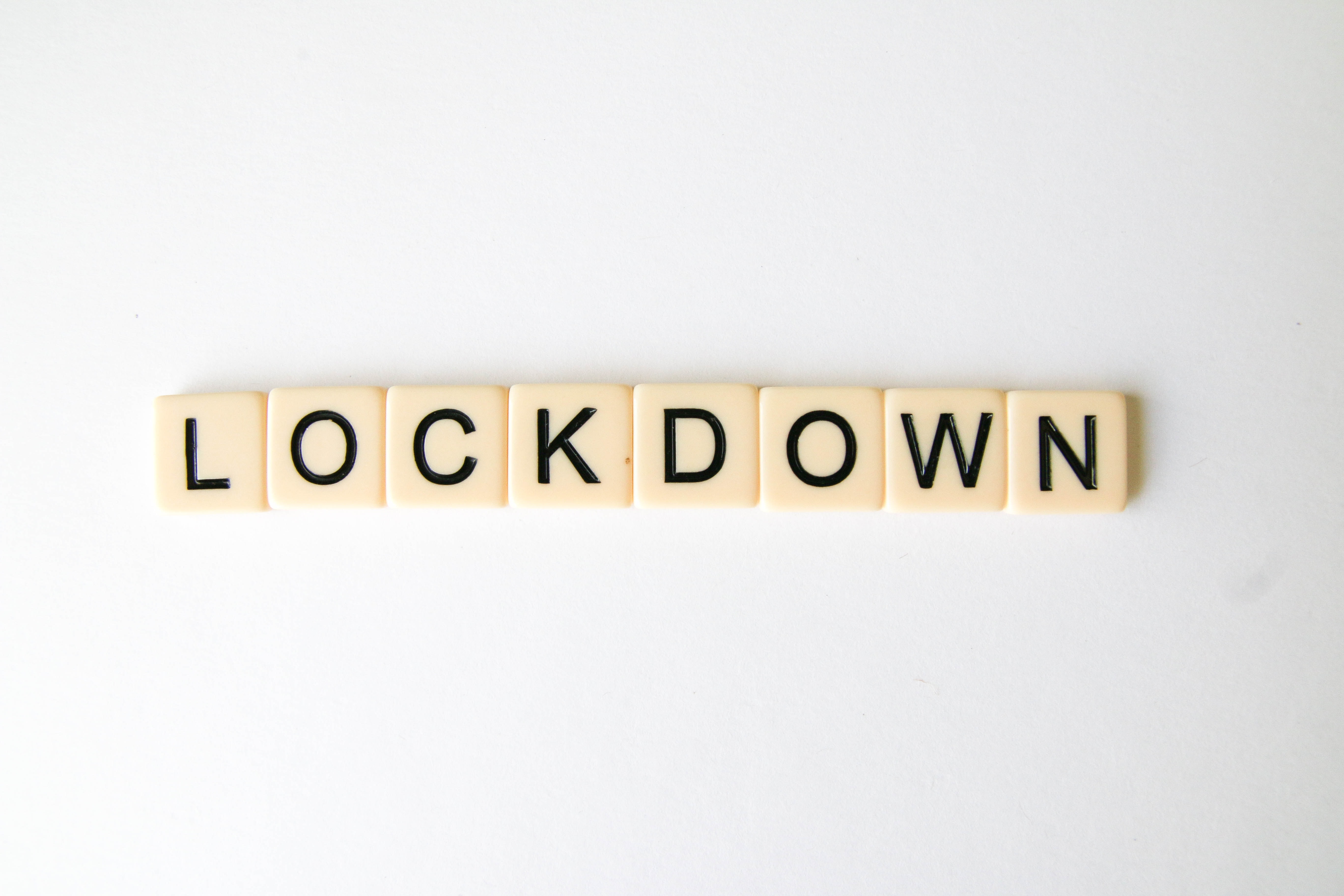How Has Life Changed Under Lockdown?
May 6, 2020


Josh Hogan
Jan 22, 2025 14
- The Covid-19 lockdown has meant many of us have had to adapt to entirely new ways of being
- Therapist Josh Hogan reflects on how professional and personal lives may change for good
- Our therapists and counsellors are available to see you online - find your therapist here
It's been a tough few months. In the UK we entered 'lockdown' on the 23rd March, following most European countries by requiring everyone to stay at home except for essential trips outside. Efforts to stem the spread of the coronavirus have forced the world to adopt social distancing and become more isolated. It's been six weeks since the start of our lockdown but it feels like a lot longer. When I think back to what I was doing in January, it doesn't seem like three months ago, it seems like three years.
When the lockdown started I was actually recovering from the virus myself, so I have been at home for the best part of six weeks, only stepping outside when it's necessary. I think I've gotten used to the new way of living, but like everyone, I miss the freedoms that I was enjoying only a short time ago. I miss travelling to new places; I miss hugs from friends. As a therapist I miss being able to see my clients face-to-face.
The internet is brimming with guidance on how to cope during the current pandemic. Whether it's doing yoga, baking a cake, learning to play an instrument or finally getting round to reading War and Peace, there are plenty of useful ways that one can spend one's time at the moment, with plenty of encouragement in the form of articles, blogs and youtube videos. In a previous blog I wrote about the benefits of meditation and 'going inside' when you can't go outside. Rather than sharing more tips on how to make the most of self-isolation, I wanted to follow that up with a more general reflection on how isolation is affecting me and those around me, and what it might say about how we come out of this.
Video conferencing comes into its own
We've all had to get used to platforms such as Zoom, Skype and FaceTime these last weeks as we seek to keep in touch with friends and work colleagues. Prior to coronavirus I was avoidant, perhaps wary of communicating online. My comfort zone always lay in face-to-face interactions, and I thought that something important was lost in talking to a computer screen. A famous study from the 1970's asserts that 55% of communication is contained in body language, something that comes across only weakly online. The same study assigns 38% of communication to tone of voice and 7% to verbal content. If 55% of someone's message is lost, can we really claim to hear them?
Whatever the answer, like all therapists I've had to move my work online in order to keep seeing clients. Once I'm online and in the sessionI try to keep the format as close to a normal session as possible. I don't draw attention to the fact that we're online; I sit facing the client, I listen, I reflect, I challenge and offer insights, all as I would in a face-to-face setting. My wariness around online connection came not just from what I thought was missing but from the everyday pitfalls such as slow internet, freezing and buffering too. When I'm trying to offer therapy, a sustained period of buffering is the last thing I or the client needs. But in the new world it's something we have to put up with. And it's something I need to learn to accept, and to embrace, if I'm to avoid adding to my client's anxiety.
I've hooked into a lot of online meetings with friends recently outside of my therapy practice, and I'm happy to say that I am learning to accept this new style of interaction. The biggest benefit is that you can meet with anyone in any part of the world, at any time. It might sound obvious, but I hadn't thought of this advantage much until I started experiencing it. I can provide therapy to clients who are not in the UK, and I can be much more flexible about my timings, given that I'm at home a lot more than usual. The time I've spent finding my way around these online platforms has made me realise that they can be a force for good in this crisis. They can bring the world closer together; they've certainly brought me closer to people I wasn't seeing much of before.
The way forward
Of course there are many for whom isolation is not a new experience. Those who felt lonely and isolated prior to the lockdown are probably experiencing the same feelings now, just on a heightened level. When the rest of us eventually leave isolation and return to normality in the coming months, those who are always isolated may not see much change in their daily existence. Not everyone can use Zoom; not everyone can reach out to friends and family or the person behind the counter at the shop.
So many people come to therapy because of this loneliness. The human connection offered by therapy is special because in therapy we recognise that loneliness isn't just something that passes quickly. It comes from a deep place and it can take a lifetime to grow and take hold.
I've used online video conferencing to stay connected with everyone, including my own therapist, to fend off the inevitable loneliness that this situation would entail. It has shown me how vital that connection is above everything else. Human beings are clearly social creatures and talking about our problems is, cliched as it might sound, a great solution to them. Many who never considered therapy before may find themselves considering it now as a path to connection. I believe they're looking in the right place.
Josh Hogan is a verified welldoing.org therapist in Central London and online

Josh Hogan
Read further
